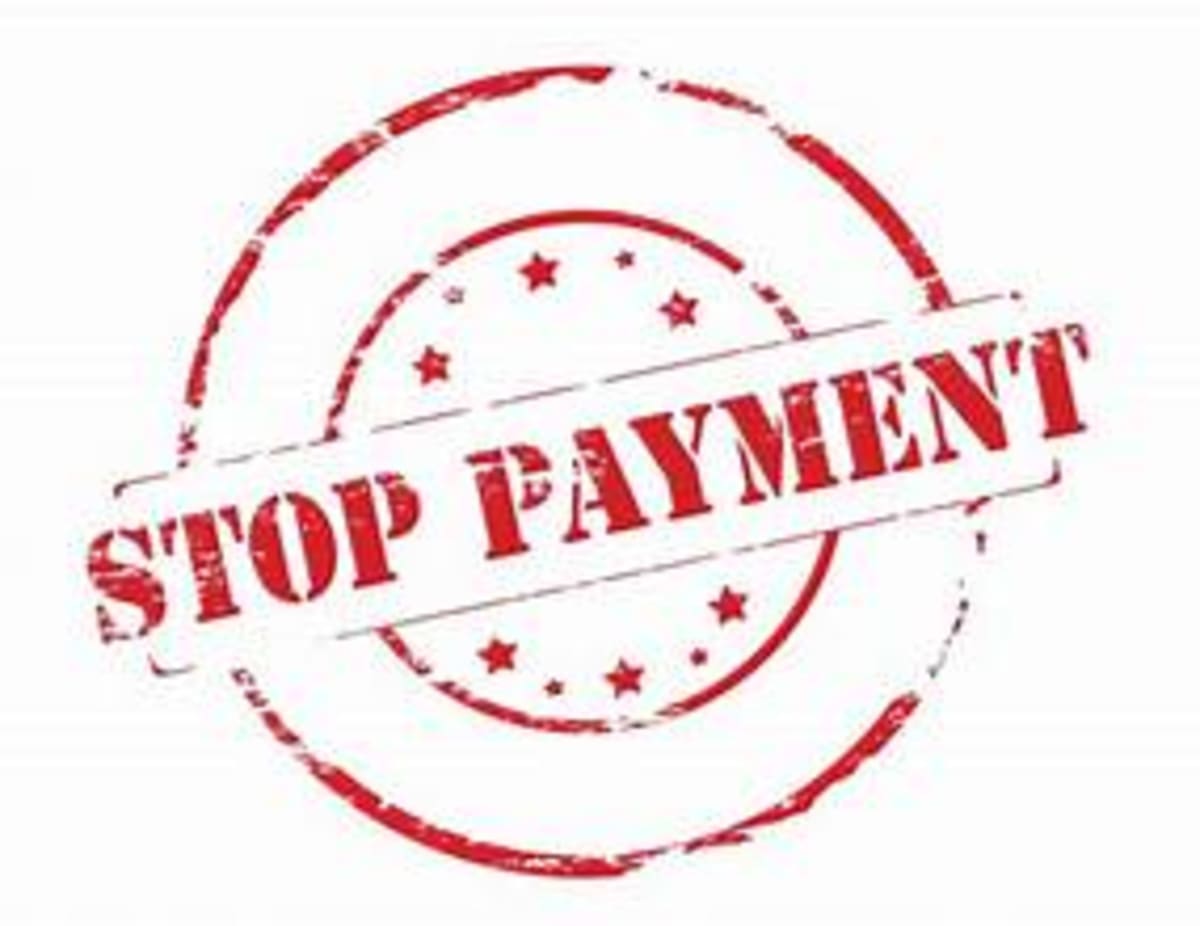In the modern publishing world, indie authors are thriving—but not without hurdles. While technology has made self-publishing more accessible than ever, an entire cottage industry of service providers has sprung up, offering everything from editing to cover design to marketing. Some of these services are invaluable, but far too many are predatory, overpriced, and designed to drain indie authors of every dollar they have—often before they’ve sold a single book.
This isn’t just about editing costs or marketing scams. It’s about an industry that convinces authors they must pay top dollar for services or risk failure. It’s about author gouging, and it’s time to call it out.
What Is Author Gouging?
Author gouging is the practice of overcharging writers for essential publishing services under the guise of "helping" them succeed. It plays on the desperation and dreams of new authors, making them feel like they must pay exorbitant fees to be taken seriously in the industry.
Examples include:
- Overpriced Editing Packages – Some editors charge $5,000–$10,000 for developmental edits, knowing that many new authors will feel pressured to invest.
- Vanity Publishing Disguised as Traditional Publishing – Many hybrid publishers demand thousands of dollars upfront while promising bookstore distribution and marketing—services they often fail to deliver.
- High-Priced Marketing Schemes – Services promising "bestseller" status, expensive social media campaigns, or book trailers that cost more than a new car.
- Pay-to-Play Awards and Reviews – Some organizations charge hundreds just to consider an author’s book for an award, while review services demand steep fees for "honest feedback."
- Cover Design and Formatting Upcharges – While high-quality design is important, some charge ridiculous fees while offering nothing beyond basic template work.
The problem isn’t that these services exist—it’s that they prey on new authors who don’t yet know how to spot the scams.
The Lies That Keep Authors Paying
These overpriced services rely on a few key myths to keep authors opening their wallets:
1. “If You Don’t Pay for Premium Editing, Your Book Will Flop”
Yes, good editing is essential—but rolling editing, beta readers, and multiple passes can produce a professional-level book without the financial devastation of a $5,000+ edit.
2. “Marketing Requires Thousands of Dollars”
Nope. Many indie authors build their platforms through consistent organic engagement, not overpriced ad campaigns run by so-called "experts."
3. “You Must Win Expensive Awards for Credibility”
Readers don’t buy books based on which obscure award they’ve won. They buy based on compelling stories, word-of-mouth recommendations, and strong branding.
4. “Hybrid Publishers Are the Best of Both Worlds”
Many "hybrid" publishers charge astronomical fees while offering little more than what an indie author can achieve on their own. If they demand money upfront, they’re a vanity press, not a publisher.
5. “You Need an Expensive Publicist to Get Noticed”
Publicists charge thousands to do what indie authors can often do themselves—pitching to podcasts, connecting with influencers, and leveraging social media.
How to Fight Back Against Author Gouging
1. Learn the True Cost of Publishing
Before paying for any service, research fair pricing. A quality edit should not cost the same as a semester at college. A professional cover shouldn’t cost as much as a used car. Know what’s reasonable before handing over your money.
2. Embrace Rolling Editing and Smart Collaboration
Instead of a one-and-done approach, rolling editing allows authors to edit in stages, working with beta readers, critique partners, and targeted professional input without going broke.
3. Build Your Own Author Platform
Instead of paying thousands for marketing, learn how to engage readers yourself. Social media, email newsletters, and direct interaction are free—and often more effective than overpriced PR firms.
4. Own Your Publishing Process
Self-publishing gives authors control, but only if they avoid pay-to-play schemes. Never sign a deal where you have to pay a publisher upfront. Own your ISBN. Own your files. Own your rights.
5. Network with Other Indie Authors
Talk to other self-published authors. Join Facebook groups, Reddit communities, or writing forums. These spaces are filled with people who can recommend affordable editors, share marketing tips, and warn against scams.
The Death of the High-Priced Cottage Industry
The indie publishing world does not have to be a money pit. The days of indie authors being forced to shell out tens of thousands of dollars just to compete are coming to an end.
Why? Because authors are getting smarter. More writers are realizing that success isn’t about paying for prestige—it’s about writing great books, engaging readers, and making smart business decisions.
The old guard—the editors, vanity publishers, and marketers who built their businesses on fear and inflated pricing—are losing their grip. Indie authors are taking back control.
It’s time to stop letting the industry gouge authors. Write smart. Publish smart. And keep your money where it belongs—in your pocket.
